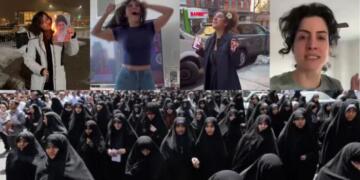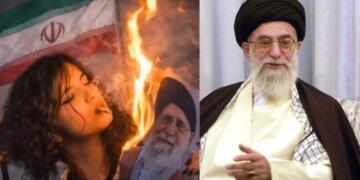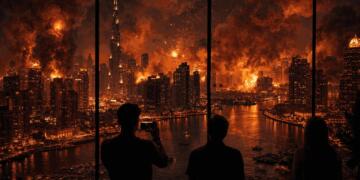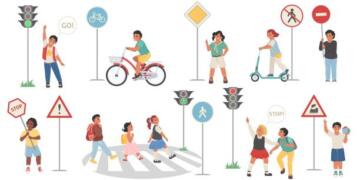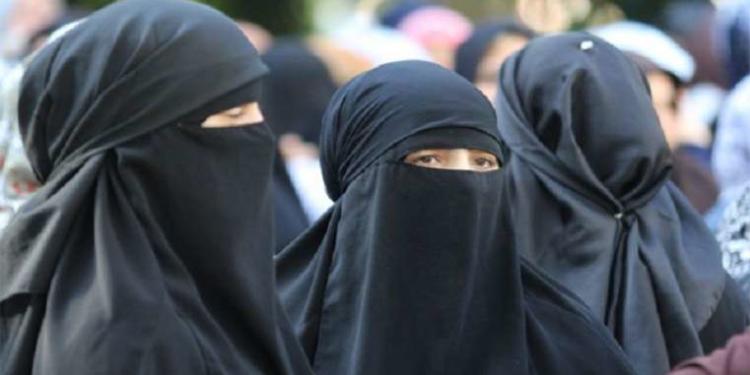In the aftermath of the serial blasts that shook the entire nation, authorities in Sri Lanka have ordered a complete ban on any form of face covering including burqa. The decision was taken by President Maithripala Sirisena after terror attacks ripped through three churches and luxury hotels killing more than 300 and wounded more than 500 people. Sri Lanka has blamed the National Thowheed Jamath (NTJ) for the attack, which is supported by the ISIS that claimed the responsibility behind the attacks.
#BREAKING: Sri Lanka bans any form of face covering that will hinder the identification of a person under emergency regulations. Decision taken by President @MaithripalaS to ban all forms of face covering that will hinder easy identification under emergency regulations. pic.twitter.com/xhiSowoV5J
— Aditya Raj Kaul (@AdityaRajKaul) April 28, 2019
This move comes after a parliamentarian moved a private members’ motion to ban masks, face covers including burqas. The Sri Lankan government, after an investigation, found out that there were many women involved in the Easter Sunday attacks and had escaped wearing burqa. The interrogation of the suspects and other pieces of evidence pointed out that the women who were involved in the attack could have gotten away easily because of the burqa.
The move follows recent cabinet discussion on face coverings. The government had earlier said that it would delay a decision until talks with Islamic clerics could be held, on the advice of Prime Minister Ranil Wickremesinghe. NTJ has also been banned over its ties with Mohammad Zahram, the alleged mastermind of attacks.
Information conveyed through official press said, “Any form of face covering that will hinder the identification of a person is banned under emergency regulations.” It further added that no more hindrances are entertained in the identification process.
Defence sources said that the number of women involved in the attack in Dematagoda too escaped with help of the burqa worn by them. The attack also claimed the lives of 30 foreign nationals. 40 suspects including a van driver have been arrested in connection with the multiple attacks that took place in Sri Lanka.
It is necessary to understand the fact that the burqa was never part of the Sri Lankan culture. Sri Lanka initially had a broad and open community of the Islamic culture. The change in Islam in Sri Lanka took another turn, after the sectarian tensions following the Civil War. The reflexive nature of the religion died out after the extremism in the faith started gaining strong grounds. This change was remarkably observed after the Gulf War. Those who migrated to the Gulf states for work came back with sterner strain of Islam. This is how extremists established a more rigid Islam in Sri Lanka.
The rigidity and inflexible nature of Islamic practice was exploited by the jihadist to carry out their heinous crime against humanity. The government, keeping security issues in mind, has finally declared a burqa ban in Sri Lanka. Countries like Chad, China (Xinjiang also), Austria, France, Belgium has also enacted a ban on burqa.


